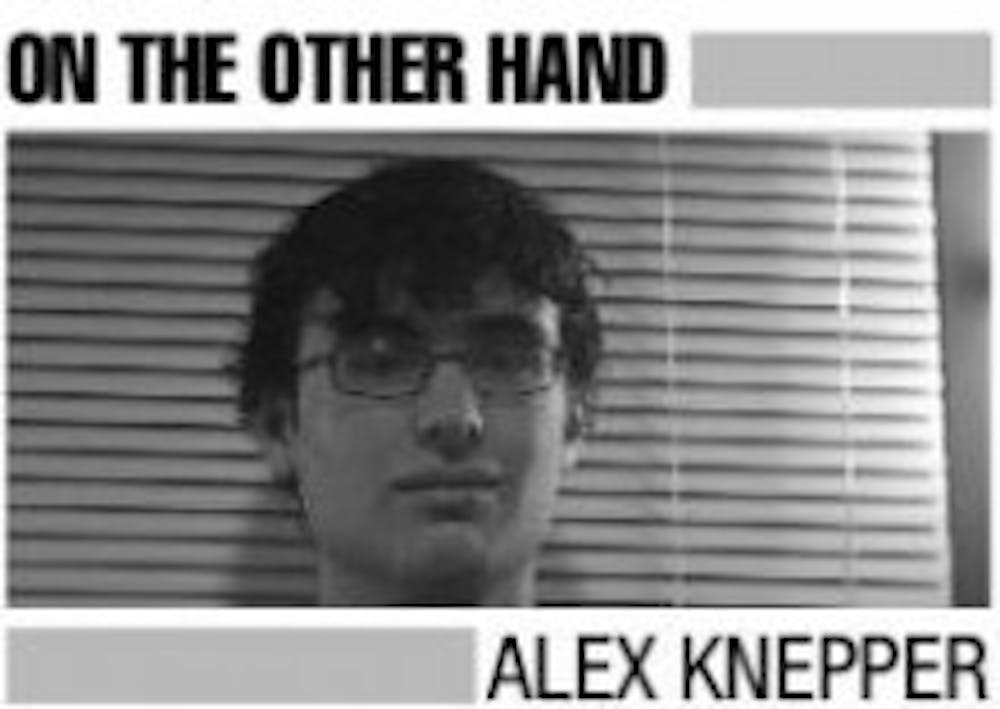Not content with angering senior citizens, Obama has turned his guns on the nation’s kids: it is his proposal that American schools should add time to the school day to “stay competitive” with other countries. Our school system’s calendar, Education Secretary Arne Duncan explains, is “based upon the agrarian economy, and not too many of our kids are working the fields today.”
OK, great. Except that what the calendar was based upon is irrelevant as it isn’t the cause of our present educational discontents. It’s rather as if our labor secretary were to argue that professional cashiers are poor because there aren’t enough hours in the work day. But the problem, simply put, isn’t the calendar, but how the calendar is being filled.
It is true that American students are lagging badly behind other countries, both western and eastern, on standardized tests ranging in topics from mathematics to literature. And it is indisputably correct that our education system direly needs reform. But can we meet the challenges of the 21st century? What must be done?
While nothing can replace the foundational effect of a stable household and nurturing parents, there are certain actions schools can take in order to better engage the student. Foremost among these is to finally banish the notion that all children are equipped with roughly equal mental prowess. The gifted and talented should be nurtured and allowed to thrive in an environment where they are surrounded by their peers. They will ultimately be our country’s future scientists, journalists, authors, politicians and businessmen. It is to no one’s benefit — not the average intellect, not the gifted and certainly not the nation’s — if excellence goes unchallenged and unrewarded.
Those among us who are not lucky enough to have been blessed with the sort of intellect that allows one to advance into higher education should not be burdened with impractical courses. Classes such as algebra II and chemistry are utterly useless to a person who will go on to work as a waitress. Such students know who they are, and should instead be allowed to take courses on topics such as consumer math, lifestyle stabilization (how to acquire a home, job, etc.) and information access in the digital age. Surely we are honest enough as a nation to stop pretending that chemistry is more important than consumer math to everyday life of the lower middle class.
Selections from the Great Books must be introduced to all members of each generation. One need not be an up-and-coming intellectual powerhouse to grasp the fundamentals of Aristotle’s ethics or Epictetus’ emphasis on the primacy of virtuous action. Books by renowned classical writers such as these will plant the seed in the next generation to reject trendy relativism and misguided multiculturalism. The importance of the West’s cultural survival is reaching a critical point, and little innovation is required: the answers to our problems are thousands of years old.
Current events should be discussed in the classroom. In order to engage students in the democratic process and to instill in them a love of world affairs, they must understand that their education will ultimately be related to actual, real world concerns. Knowledge for knowledge’s sake is a beautiful, romantic concept, but it can only be reached after knowledge for the sake of practicality is set as a baseline. An integrated worldview is an imperative for a meaningful life. We should not allow our students to slip into solipsism and unwarranted self-importance.
To revive the innovative, optimistic spirit of America, mere words are ultimately empty. Each generation must be newly equipped with tools to think critically, reason logically, and integrate their knowledge into a personal, national and global context. Our nation’s schools can provide them for all citizens. That’s the reform we need.
Alex Knepper is a sophomore in the School of Public Affairs and a classical liberal columnist for The Eagle. You can reach him at edpage@theeagleonline.com.





